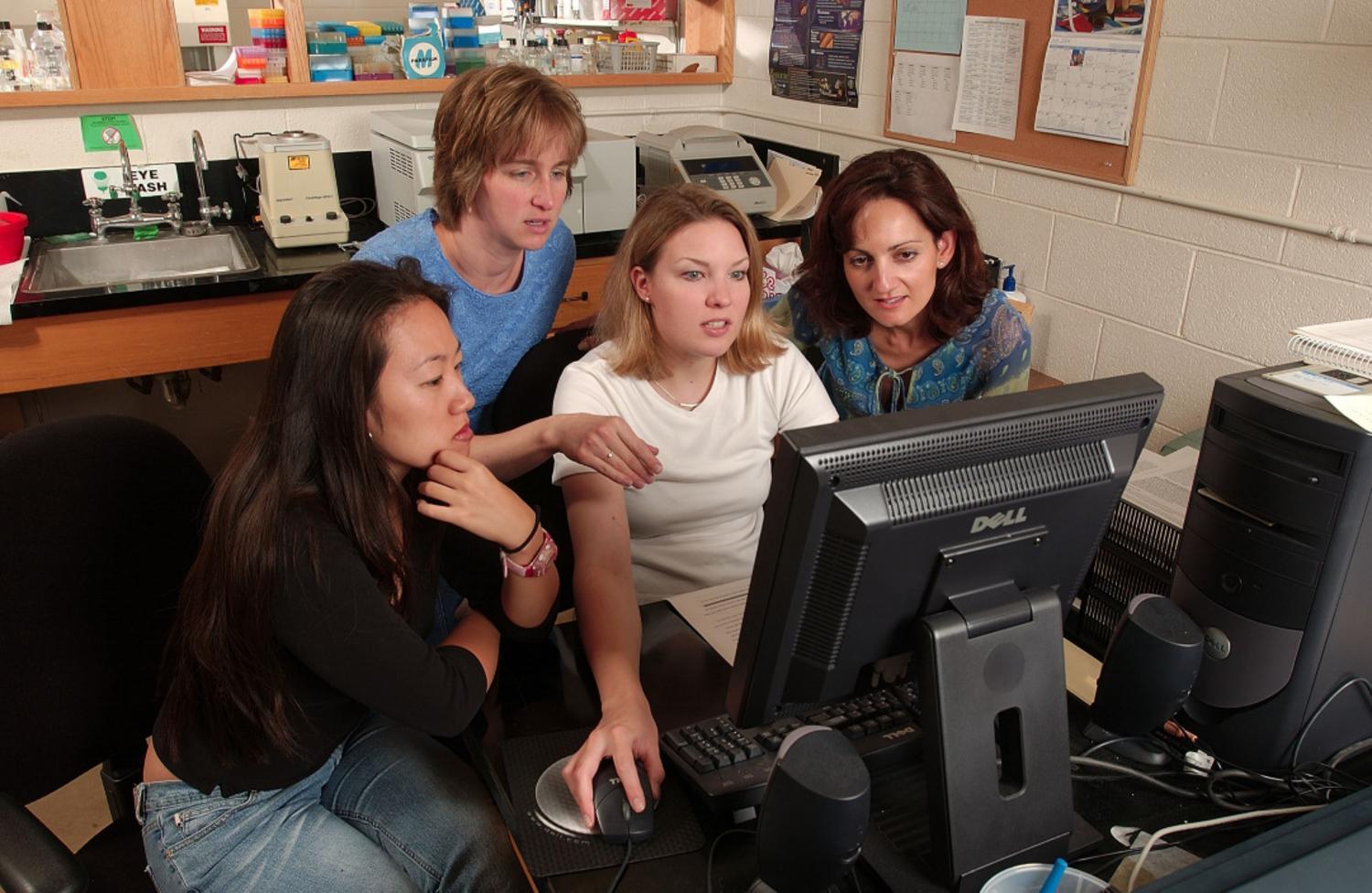The give and take of peer mentoring

By Leah Colvin
A few weeks ago, a former colleague called to thank me for my role in helping him to transition into a new career. In truth, the mentoring had been a two-way street: he had helped acclimate me to CU when I first began my role with Postdoctoral Affairs as well as many ideas on improving ongoing and new initiatives.
After our conversation, I reflected on the numerous times throughout my career I had mentored and been mentored by peers. Traditionally, mentors have been equated hierarchically with advisors and supervisors; however, contemporary definitions of mentoring are much broader in scope, encompassing anyone who inspires, supports and advises you on your professional journey. This can include a wide array of individuals including faculty outside of your organization, professionals with different professional backgrounds, friends and family with relevant expertise, and professional peers.
In many ways, my peers have been my most influential mentors. One colleague, in particular, has helped me with several career transitions since I met her during the first week of grad school. She counseled me when I switched labs during my graduate training, which she had done a year earlier. She began her postdoc shortly before mine, and helped me to make professional contacts after I transitioned. I reviewed her fellowship applications after I had successfully applied for three competitive fellowships, as well as her job materials as she transitioned into industry. Likewise, she gave me ideas on career paths, networks to build, and industry focus when I was ready to move on from my postdoc. Although our career paths have since diverged, we continue to share knowledge, advice and resources.
Professional peers have several advantages as mentors because they are experiencing similar career phases during a similar timeframe as you. They get it. Peers have a visceral understanding of the difficulties and anxieties involved, as well as perspectives that are shaped by the current climate for job and/or grant seekers at your career stage and in your job sector. Furthermore, your peers themselves receive relevant advice from their other mentors, advice that they can pass along to your benefit. Finally, professional peers will grow with you throughout your career and become your future coworkers, collaborators, reviewers and business partners.
Peer mentoring relationships can also feel more satisfying pursuant to their two-way nature. As in my above example, you will have opportunities to mentor those peers who have mentored you. Peers are often more able to be generous with their time and expertise because they can count on you to do the same. I encourage you to reach out for mentoring from your peers in addition to traditional channels like your supervisors and career advisors to take advantage of their unique perspectives.

